Microsoft reveals ‘Windows Sandbox’ mode for Windows 10 Pro and Enterprise users
The VM-like feature will let users run suspicious programmes in total isolation

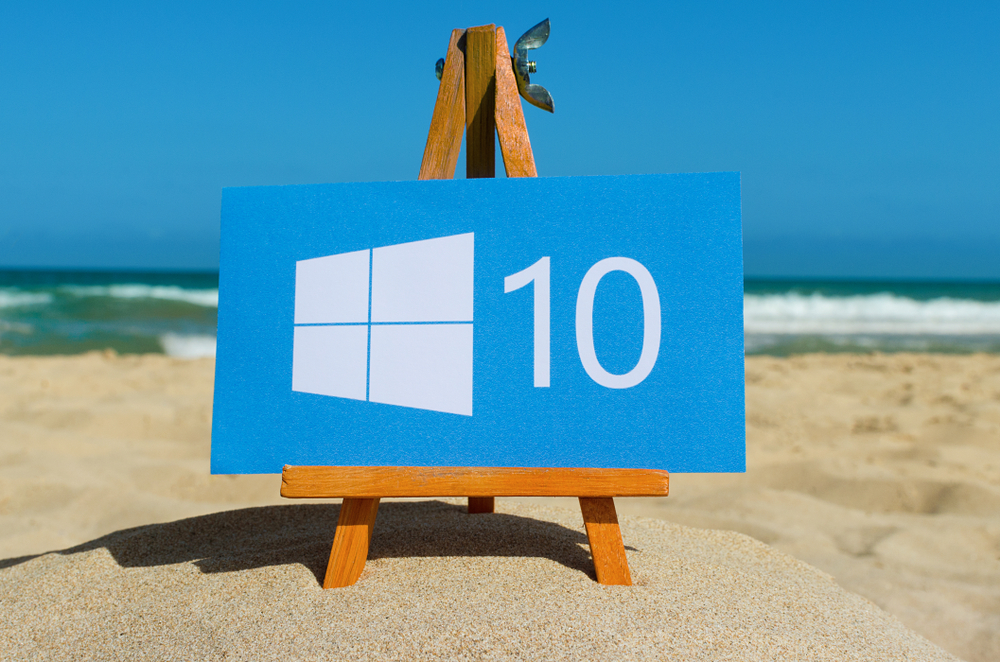
Microsoft has announced a new security feature that will allow its professional and enterprise users to run suspicious programmes in complete isolation.
The new desktop tool, dubbed Windows Sandbox, will create a virtual machine-like desktop environment that can allow users to run any software, regardless of how harmful it is, without risking lasting impact on their device.
A form of sandbox-style 'private desktop' tool has been in the works for months, with Windows Insiders previously finding evidence for a VM environment in August, at the time dubbed 'InPrivate Desktop'.
"How many times have you downloaded an executable file, but were afraid to run it?" said Microsoft's lead program manager in the Windows Core Kernal Platform Hari Pulapaka, writing in a blog post.
"Have you ever been in a situation which required a clean installation of Windows, but didn't want to set up a virtual machine?
"At Microsoft, we regularly encounter these situations, so we developed Windows Sandbox: an isolated, temporary, desktop environment where you can run untrusted software without the fear of lasting impact to your PC."
Windows Sandbox will be packaged into Windows 10 Pro and Windows 10 Enterprise build 18305 or newer, by default, and runs in complete isolation to a user's machine.
Sign up today and you will receive a free copy of our Future Focus 2025 report - the leading guidance on AI, cybersecurity and other IT challenges as per 700+ senior executives
Running the tool will be like opening a clean install of Windows 10 in a windowed application, with everything done within this isolated environment wiped completely upon shutting the app.
Moreover, the tool uses hardware-based virtualisation, relying on Microsoft's hypervisor, which creates Windows virtual machines, to run Windows Sandbox separately from the host.
Users will also need to have AMD64 architecture, virtualisation capabilities enabled in the BIOS, minimum 4GB RAM (8GB recommended) 1GB hard disk space (SSD recommended), and a processor with at least 2 CPU cores (4 with hyperthreading recommended).
"Any software installed in Windows Sandbox stays only in the sandbox and cannot affect your host," Pulapaka continued. "Once Windows Sandbox is closed, all the software with all its files and state are permanently deleted."
Windows Sandbox is currently subject to testing, with users welcome to provide feedback via a specified hub.

Keumars Afifi-Sabet is a writer and editor that specialises in public sector, cyber security, and cloud computing. He first joined ITPro as a staff writer in April 2018 and eventually became its Features Editor. Although a regular contributor to other tech sites in the past, these days you will find Keumars on LiveScience, where he runs its Technology section.
-
 Microsoft unveils Maia 200 accelerator, claiming better performance per dollar than Amazon and Google
Microsoft unveils Maia 200 accelerator, claiming better performance per dollar than Amazon and GoogleNews The launch of Microsoft’s second-generation silicon solidifies its mission to scale AI workloads and directly control more of its infrastructure
-
 Infosys expands Swiss footprint with new Zurich office
Infosys expands Swiss footprint with new Zurich officeNews The firm has relocated its Swiss headquarters to support partners delivering AI-led digital transformation
-
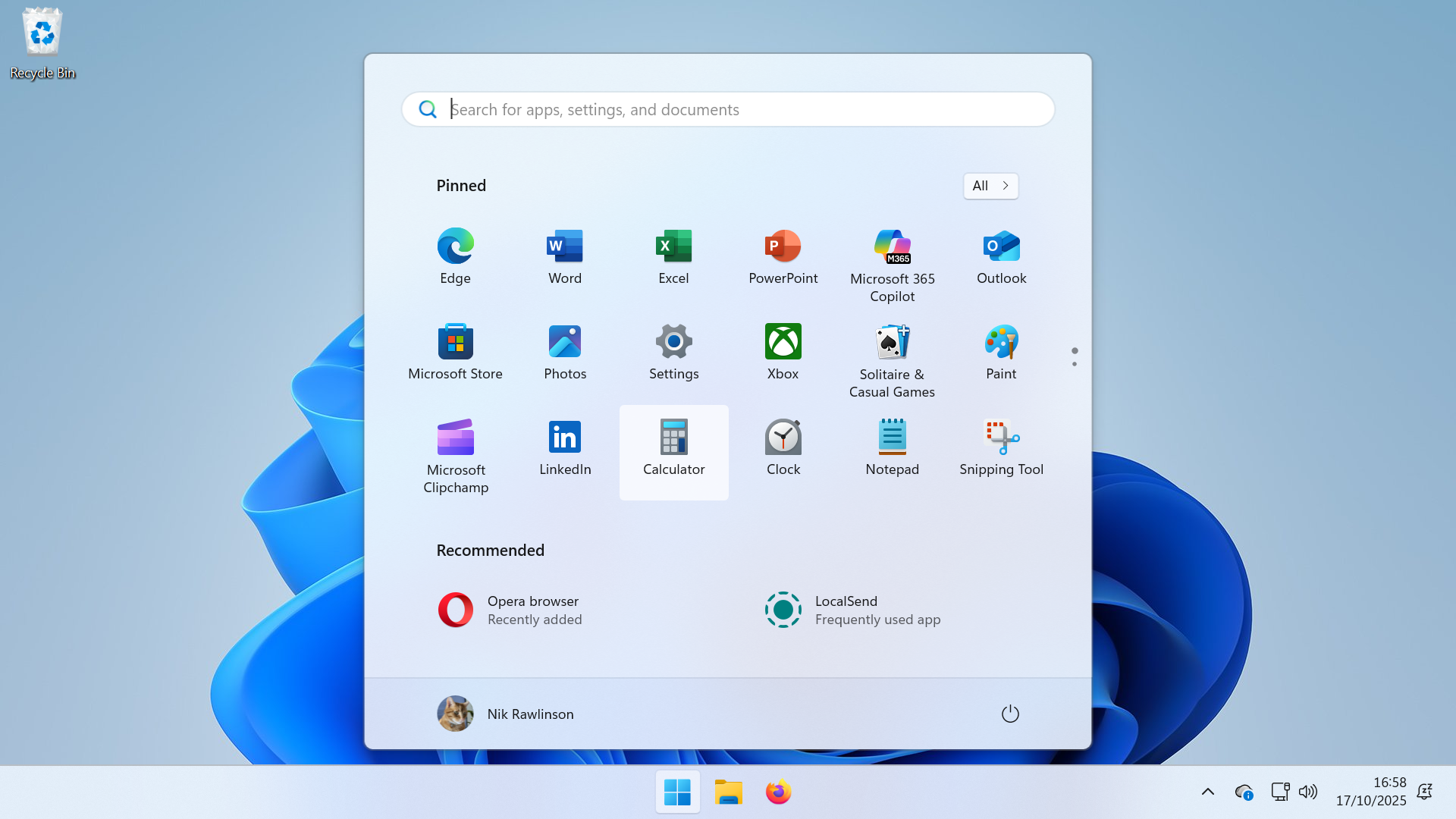 Windows 10 end of life has passed – here's your business guide to Windows 11
Windows 10 end of life has passed – here's your business guide to Windows 11In-depth As Windows 10's mainstream support ends, it's time for businesses who have yet to upgrade to take a second look at Windows 11
-
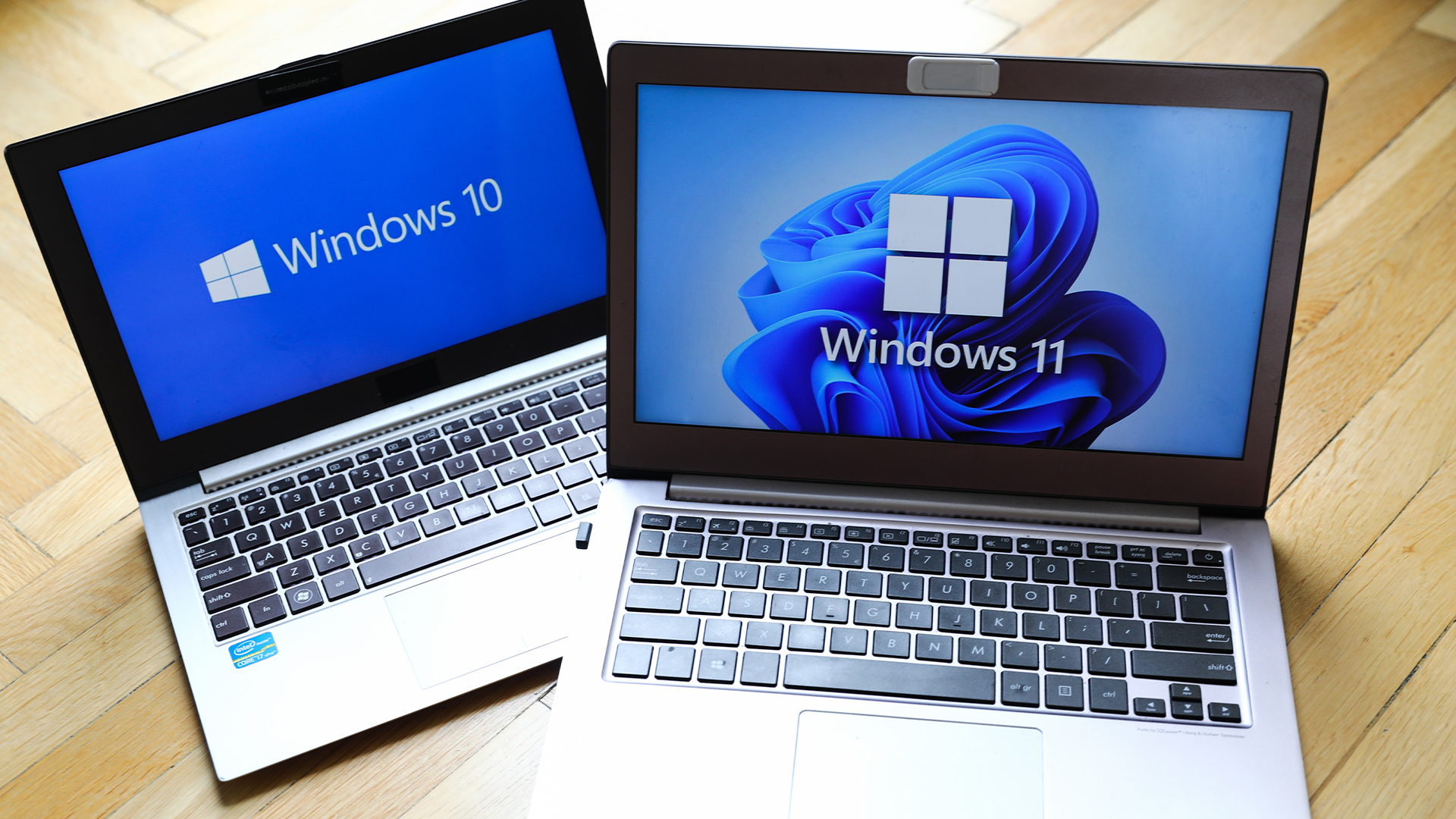 Windows 10 end of life could create a major e-waste problem
Windows 10 end of life could create a major e-waste problemNews The study marks the latest Windows 10 end of life e-waste warning
-
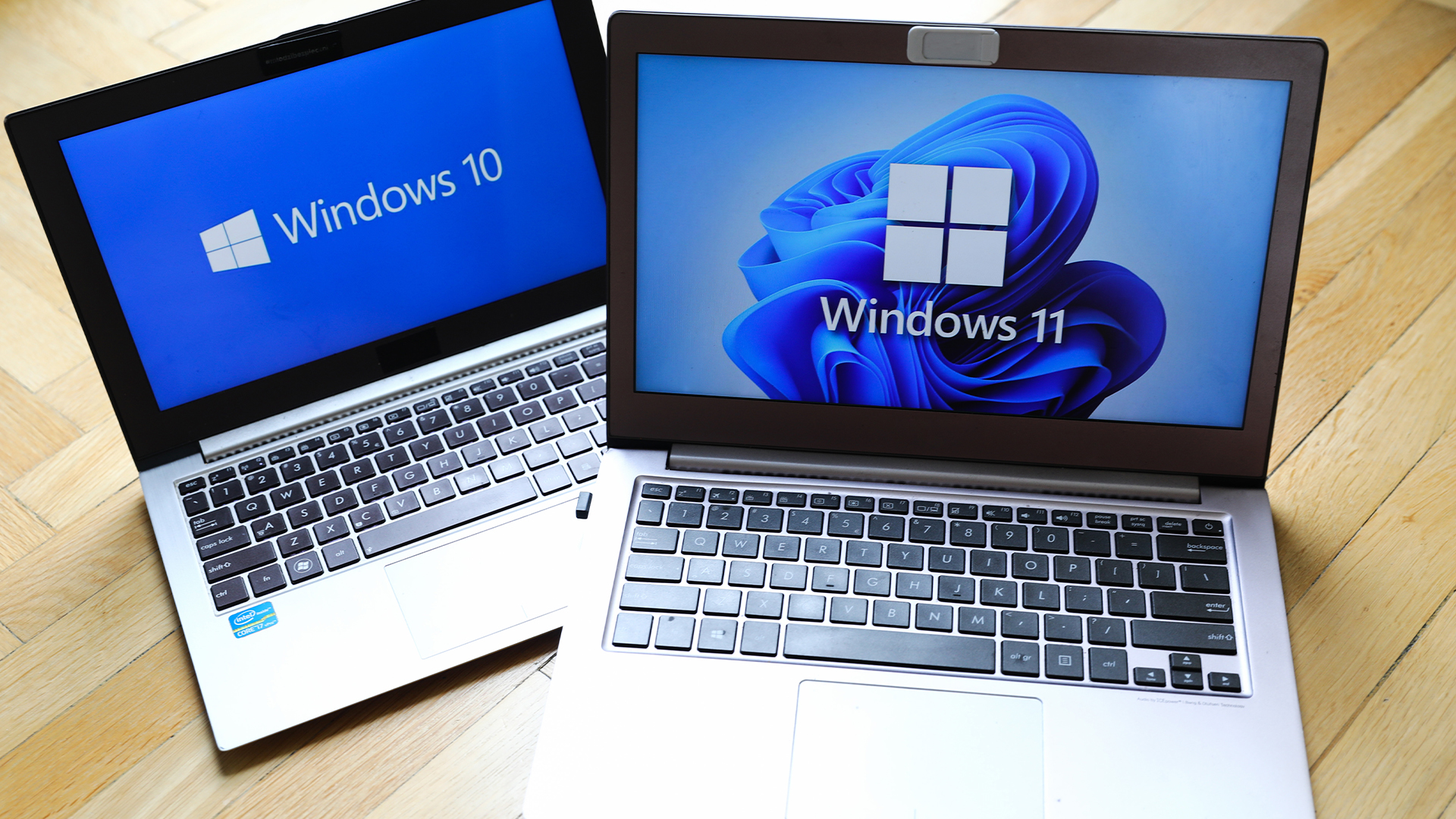 Windows 10 extended support costs could top $7 billion
Windows 10 extended support costs could top $7 billionNews Enterprises sticking with Windows 10 after the October deadline face huge costs
-
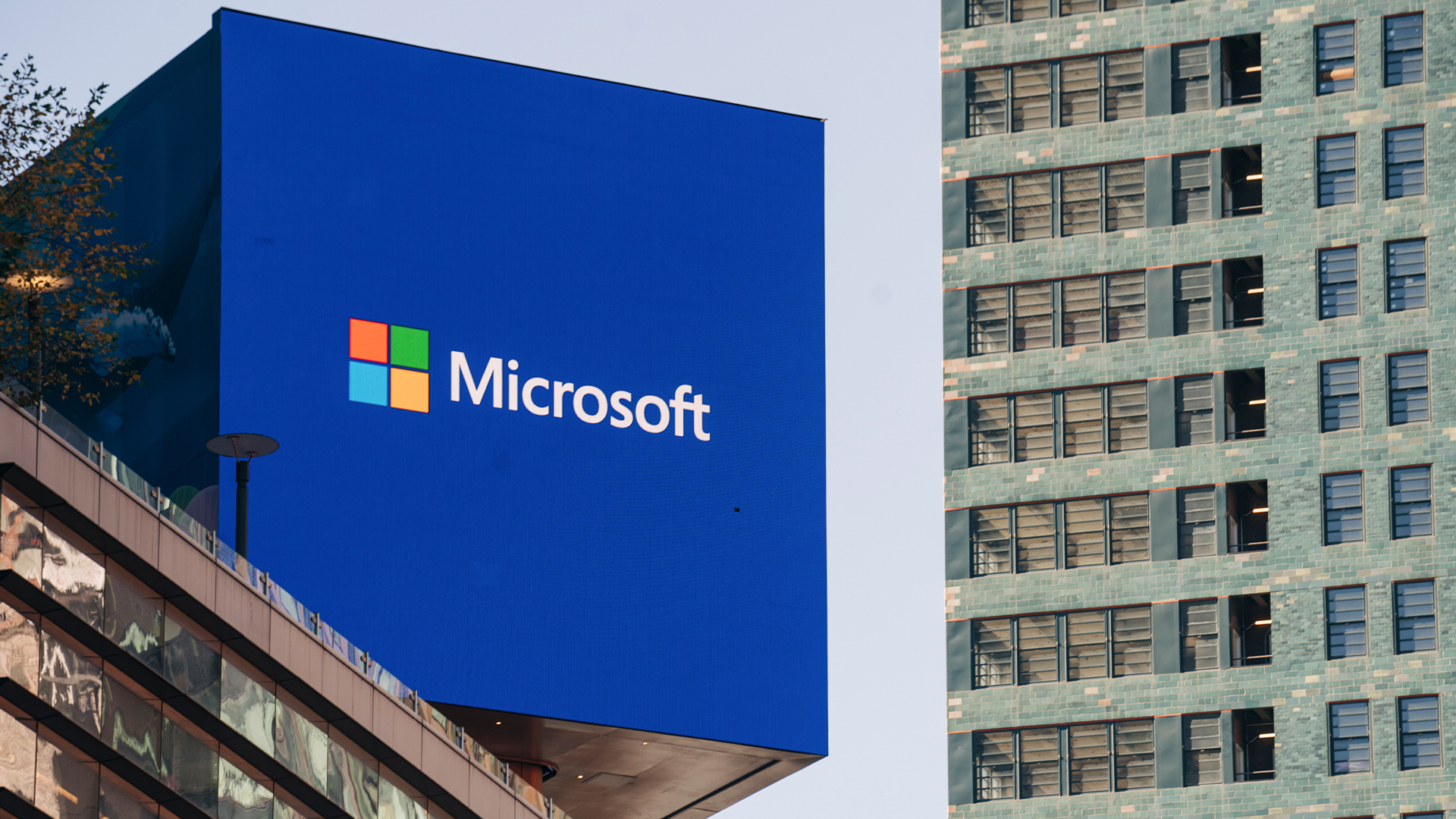 A Windows 11 update bug is breaking SSDs – here’s what you can do to prevent it
A Windows 11 update bug is breaking SSDs – here’s what you can do to prevent itNews Users first began reporting the Windows 11 update bug last week
-
 The Windows 11 migration conundrum: What role can the channel play?
The Windows 11 migration conundrum: What role can the channel play?Industry Insights Resellers are instrumental to making the right choice about the next steps...
-
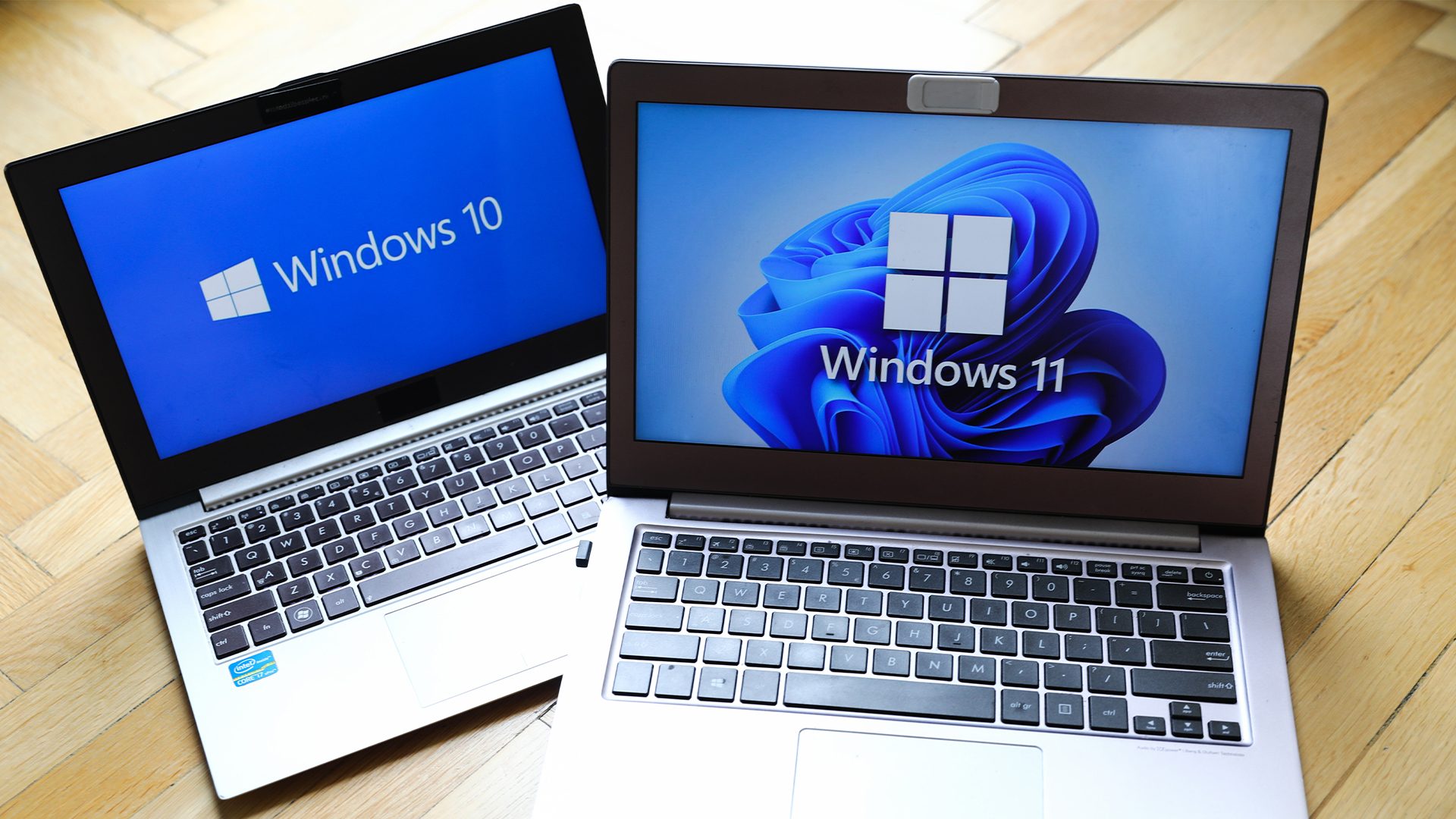 The NCSC just urged enterprises to ditch Windows 10 – here’s what you need to know
The NCSC just urged enterprises to ditch Windows 10 – here’s what you need to knowNews The UK cyber agency says those that haven’t migrated to Windows 11 should do so immediately
-
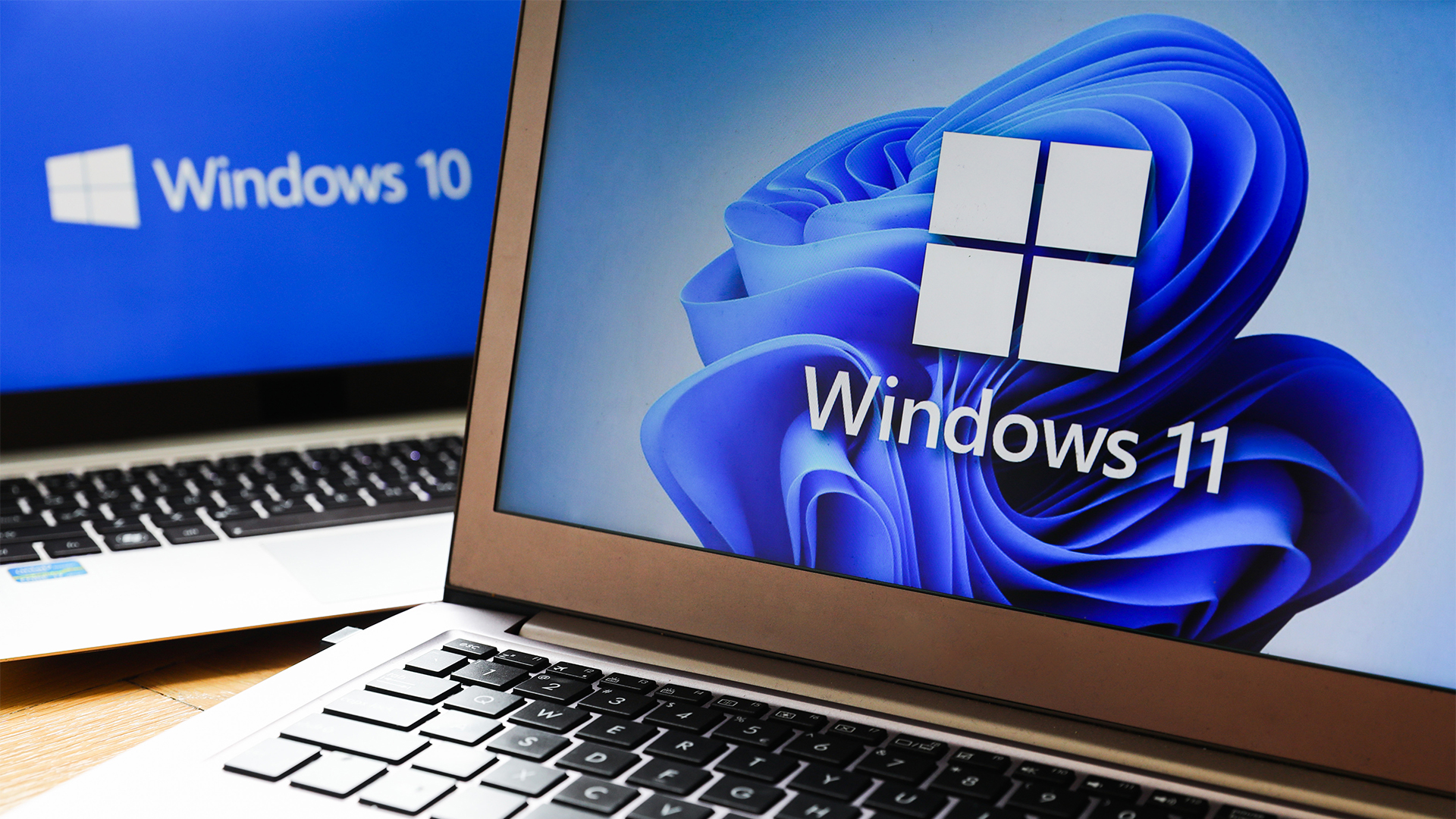 Windows 11 finally overtakes Windows 10 in popularity – but what’s driving this surge?
Windows 11 finally overtakes Windows 10 in popularity – but what’s driving this surge?News It’s been a long time coming, but Windows 11 is finally Microsoft’s most popular operating system
-
 Dragging your feet on Windows 11 migration? Rising infostealer threats might change that
Dragging your feet on Windows 11 migration? Rising infostealer threats might change thatNews With the clock ticking down to the Windows 10 end of life deadline in October, organizations are dragging their feet on Windows 11 migration – and leaving their devices vulnerable as a result.